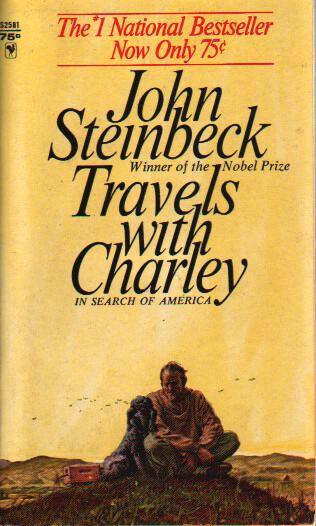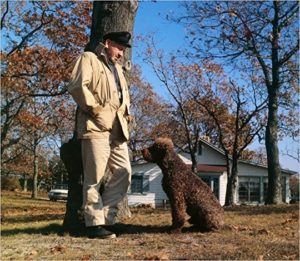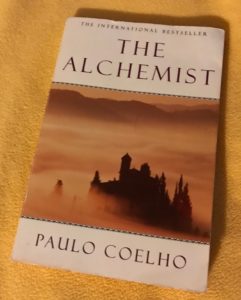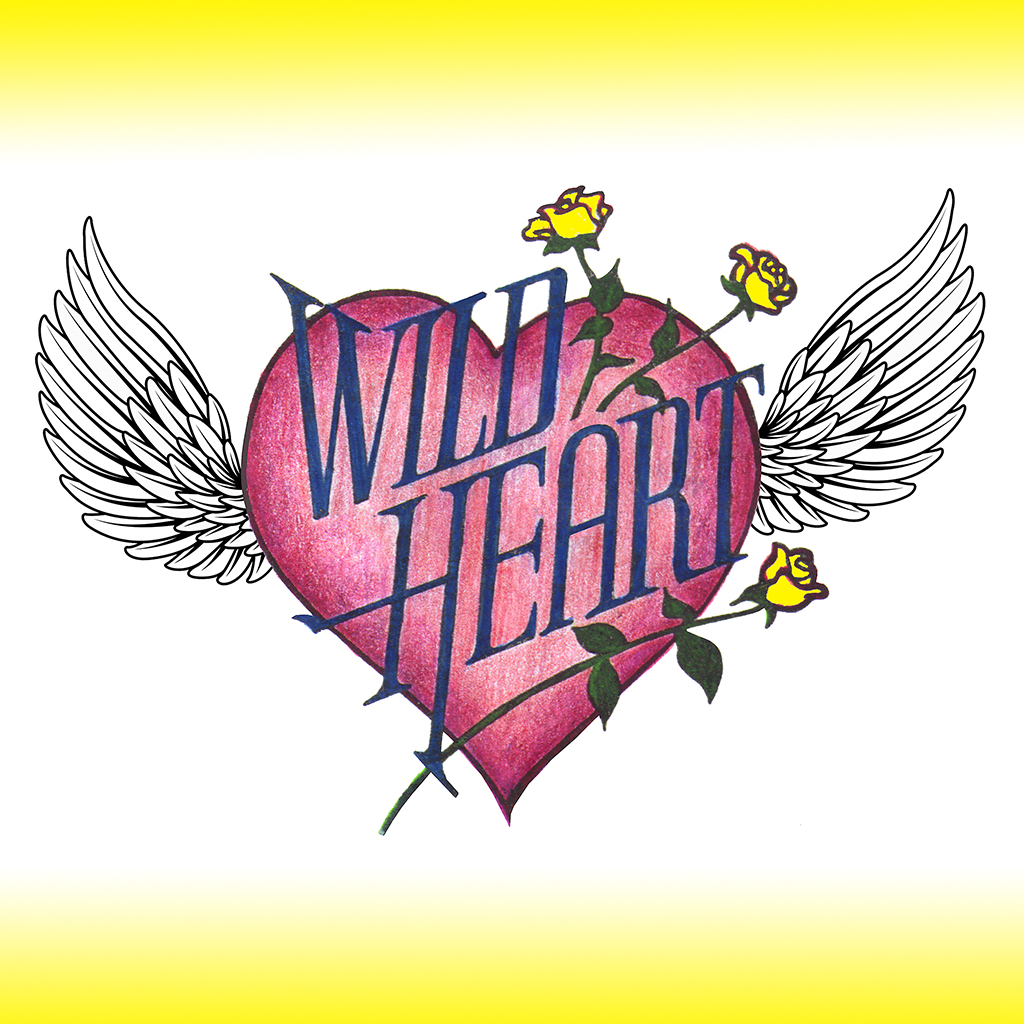I’m a writer, so it’s no surprise that my life has been shaped in no small way by the books I’ve read, or had read to me. My parents, bless them, both felt it was important for my siblings and me to have plenty of books.
I remember one large milestone growing up was when I got my first library card. I’ll never forget that long-awaited day—I believe I was nine years old—when my dad took my sister and I to the modest but surprisingly well-stocked library in the smallish town where I grew up. While she headed to the children’s stacks, he accompanied me to the checkout desk. That desk was so high, it felt twice as tall as I, though I’m sure it was only maybe six inches taller. But it was intimidating, and I held those who sat behind it in the utmost esteem.
My dad filled out the form, and I was presented with my newly minted library card, a stiff index weight affair with a metal numbered plate clamped around its middle part. That was one of the happiest and proudest days of my life, surpassed there only by the day I was finally of age to cross the invisible, but very much present, line between the children’s section and those previously off-limits adult stacks. I believe by then the library cards may have evolved to the plastic credit card-like things we know today.
I checked out hundreds, perhaps thousands of titles over the years from that beloved place, before I moved down into the city. From those books I learned about all the subjects that still occupy my mind and heart and hands today: weather, animals, history, mechanical things, art and adventure.
I occasionally supplemented my library reading by raiding my dad’s bookshelf, which wasn’t really a shelf at all, but a few stacks of his books placed strategically throughout the house where he liked to read. One of them I recall vividly was a small, mass market paperback version of John Steinbeck’s Travels With Charley.

The cover was unremarkable, your typical early 70s illustrated deal, showing a man and a large poodle sitting on a lonely hilltop, with a camper in the background. It was an interesting composition, with a rather daring (for the time) tightly kerned and stacked type treatment.
The latter I only appreciate today as the type queen I am, but I remember that cover spoke to me somehow when I saw it and beckoned me to pick it up. There was some empathy embodied in that image of a man and his dog as traveling companions that tickled my fancy and sparked my imagination, and I never forgot it.
I didn’t read it then, but I’m reading it now, this time through the Kindle app on my iPad. How very modern. (This makes me giggle.) I figure if I’m going In Search of America (that’s the subtitle of the book, as well as of this blog), I owe it to the grandfather of American road literature to read his fanciful pseudo-memoir.

I say “pseudo” because Steinbeck peers, friends, family members, scholars and, finally, critics have long since acknowledged that, although Steinbeck did indeed make a several-month sojourn across our country, the book contains some pretty sketchy passages that appear to be either about several of his road experiences combined and telescoped into one, or simply fabricated whole cloth, because the author felt it made the story better.
That’s fine with me: as someone who writes both fiction and nonfiction, I appreciate that the nature of Truth with a capital “T” is such that sometimes its point is better made not using real-life situations. In fact, my sister—also a writer, and far better-educated than I—says, “Nonfiction gives you fact. Fiction gives you truth.” And she’s right.
Regardless, I am reading and enjoying the book, and finding parts of myself in it, which is what, to me, is the mark of all the best reads. When you can feel your own life somehow embodied or embraced within a book’s pages, it feels to you real and honest…and true. I have felt like that more about fiction than I ever have about nonfiction.
When I’m through with Steinbeck, I’ll be moving on to William Least Heat Moon’s Blue Highways.
Billed as an individual travelogue of “those little towns that get on the map—if they get on at all—only because some cartographer has a blank space to fill: Remote, Oregon; Simplicity, Virginia; New Freedom, Pennsylvania; New Hope, Tennessee; Why, Arizona; Whynot, Mississippi,” this one makes me think it will give me a good grounding in how to travel off the Interstate, which is my intention. After all, experiencing America is about being in those little towns, not whizzing by them at 70 mph.
And there’s a good possibility that before I’m done, I will also have read Kerouac’s On The Road, and maybe a good many other road books. But I rather doubt that any of them will have the impact on me that another book did.

The Alchemist by Paulo Coelho was first suggested to me by my great friend and colleague Erika Liodice, an accomplished author in her own right. She did so by way of encouraging me, when I told her I was seriously thinking about selling my stuff and moving into an RV for a mobile lifestyle. She lent me her copy a few weeks before I left for my Mexico trip, which I used to focus on deciding whether to actually make the huge lifestyle change or not. I took it with me, read it in three nights, and it was responsible in no small part for my decision to make that commitment.
It’s honestly not the type of book I would ever have picked up on my own. It’s more of a spiritual read rather than my typical narrative style book. Perhaps Coelho describes it best. When asked why he wrote it, he said:
My dream was to be a writer. I wrote my first book in 1987, The Pilgrimage, after completing my own personal pilgrimage from France to Santiago de Compostela, Spain. After that I thought, “Why did it take me so long to fulfill my dream?” So I decided to write a metaphor, and this metaphor is The Alchemist: a novel about someone who needs to fulfill his or her dream, but takes too long because he or she thinks it’s impossible.
He went on to say, “It’s quite interesting how many times we use books to understand life. I think that a book is a catalyst: it provokes a reaction.”
And that’s what his book did for me. It moved me off my place of inertia, born of fear and indecision. And once I’d returned to The States and was reading up on what would become my new lifestyle, I was unsurprised to learn that The Alchemist has indeed become something of a manifesto among intentional nomads.
I think I may pick up a copy of the graphic novel version as a launch gift for myself, so I always have it to remind me not to lose sight of my purpose and to never be faint of heart; because when we listen for life’s instructions—usually difficult, for they’re rarely shouted; rather, they’re whispered in our ears, if only we’re conscious enough to recognize them—we are told everything we really need to know about how to travel our paths successfully. It’s learning that what defines success is different for each of us that’s key.
DISCLAIMER: Though I am not being paid to feature any specific products in my blog posts, I do offer Amazon portals that allow you to purchase them if you feel you might want to use them in your own RV or other home. As an Amazon Associate, I will make a very small commission if you buy through those portals, but the purchase won’t cost you anything extra.


Love this. I, too, remember the major gift that was my first library card. By then, the librarians knew me so well…knew my tastes…recommended new books to me. I think I was younger than 9 when I got mine, though. We just had to be old enough to sign our names to the card.
I also recall that, before we even left Vera Lane, you would let me make the trip to the library with Dad alone (you were too busy by then) and then would immediately pounce on the selections I brought home, as if I were your own personal bookmobile! Good memories…
A deep, abiding love and appreciation of reading is Dad’s legacy to me, and one I passed down to my own tribe. We read to make sense of life, to find fellowship, to gain direction…even if we don’t know it. In your case cited here, reading gave you that final, gentle push out of your comfortable nest, playing a role not unlike that of a parent. And I have no doubt that your RV adventures will be marked in part by books you read along the way. Because when you open yourself up to guidance, the books you need seem to magically appear in your hands, one way or another. ????
LOL! I remember rifling your book piles, too! And I agree wholeheartedly about the right books somehow appearing when we need them, as does all wisdom when we ask for it and then are mindful that the form in which it is given may resemble not at all what we expected.